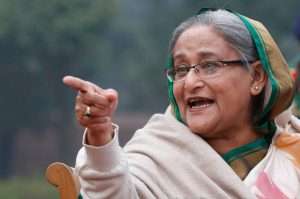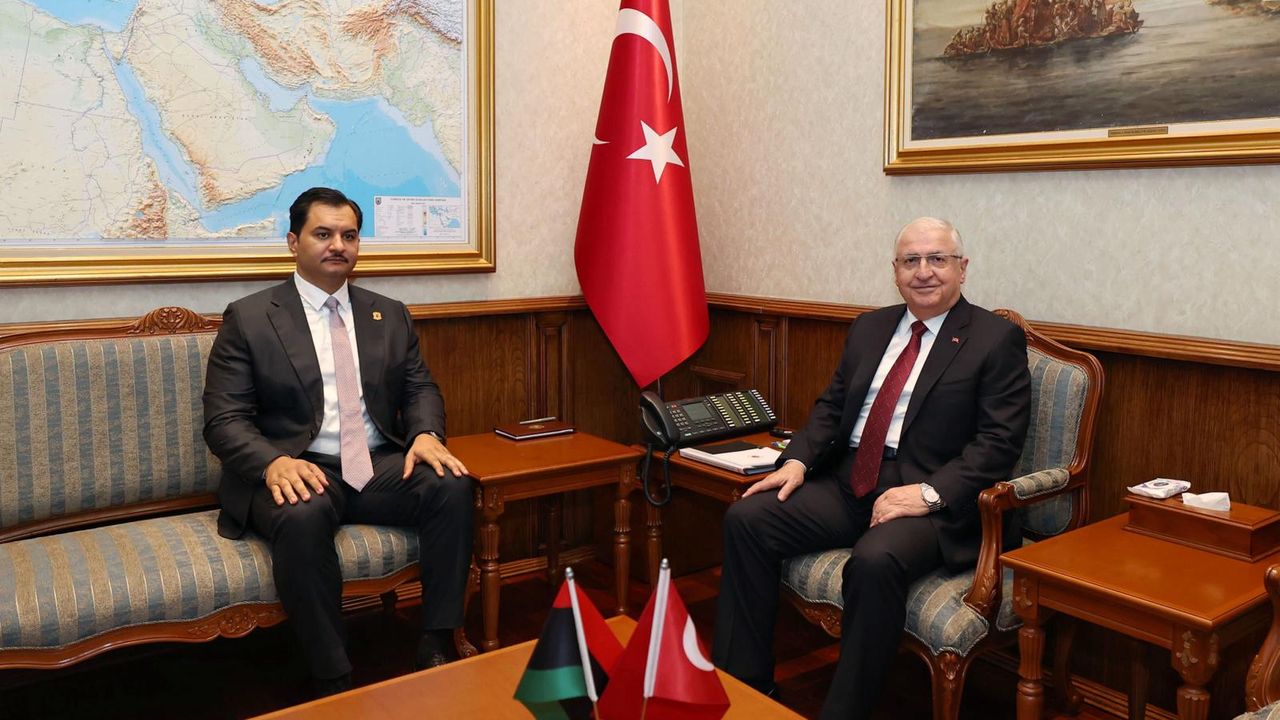Tunisia Union Stands Strong on IMF Loan

May day speeches in Tunisia didn’t produce any great surprises as the blame game continues in Tunisia with the biggest union the president’s greatest critic despite supporting Saied on his IMF loan position.
Noureddine Taboubi, Secretary-General of the Tunisian General Workers’ Union (UGTT), eschewed any blame for the acute economic crisis facing Tunisia by trying to link the country’s woes to President Kais Saied’s policies and, in particular, his concentration of powers since July 2021.
According to AFP, during a May 1 speech, Taboubi seemed to gloss over the complexities of Tunisia’s socioeconomic predicament and downplayed the UGTT’s share of responsibility in the crisis, even though it had been behind strikes and work stoppages which accelerated the economic downturn and had been a part of the country’s decision-making process since the 2011 and the fall of the Zine el Abidine Ben Ali regime, analysts said.
“The crisis has intensified due to the imbalance of powers and as a result of monopolising opinion, the imposition of a fait accompli and the marginalisation of national forces and civil society,” Taboubi said.
The union had initially supported Saied’s move on July 25, 2021, when he invoked an “imminent danger” to the country and seized all executive powers, enacted a new constitutions and held early elections ushering in a new parliament with limited powers.
However, the UGTT later became critical of the Tunisian president, especially after he refused to endorse a labour union initiative for “national dialogue.”
In late December, the union had launched a “national dialogue” initiative with a number of civil society organisations as a way to overcome the economic and social crisis, but also to play a role in overcoming the country’s political stand-off.
But the UGTT has found itself marginalised by Saied who has refused to let it play any role in the country’s politics.
The National Association of Lawyers, the Forum for Economic and Social Rights and the Tunisian League for Human Rights co-sponsored the UGTT’s initiative which was described as irrelevant by Saied as, he asserted that the newly-elected parliament could offer the best venue for discussion of national issues.
In his remarks, Taboubi implicitly shielded Ennahda, the main Islamist party and dominant force in Tunisian politics over the last decade, from blame for the economic crisis, said experts.
Political analyst Mondher Thabet commented, “At the core of the economic crisis is mismanagement after 2011 and the responsibility of the Ennahda movement in that is central.”
In his speech, Taboubi also sought to drive a wedge between the president and Prime Minister Najla Bouden over the positions of both on negotiations with the IMF on a loan to bail out the North African country as it slides deeper into debt.
He said the president had “aligned himself” with the UGTT which opposes the sale of public companies and the lifting of subsidies.
“This makes us wonder whether there is any value in the government negotiating with the IMF,” he said.
Taboubi said the IMF’s conditions for granting the bailout would “impoverish the Tunisian people even more” in a country where inflation is already more than ten percent and unemployment is higher than 15 percent.
Want to chase the pulse of North Africa?
Subscribe to receive our FREE weekly PDF magazine













